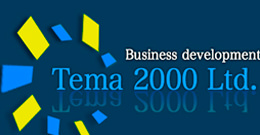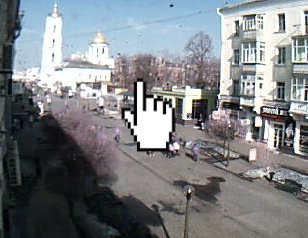Latvia
Latvia, officially the Republic of Latvia (Latvian: Latvijas Republika), is a country in the Baltic region of Northern Europe, one of the three Baltic states. It is bordered by Estonia, Lithuania, Russia, and Belarus, as well as a maritime border to the west with Sweden. Latvia has 2,070,371 inhabitants and a territory of 64,589 km2 (24,938 sq mi).
Latvia is a democratic parliamentary republic established in 1918. The capital city is Riga, the European Capital of Culture 2014. Latvian is the official language. Latvia is a unitary state, divided into 118 administrative divisions, of which 109 are municipalities and 9 are cities.
Latvia is a member of NATO, the European Union, the United Nations, the Council of Europe, CBSS, the IMF, NB8, NIB, OSCE and WTO. It is currently in the accession process for joining the OECD. For 2013, Latvia was listed 48th on the Human Development Index and as a high income country until 1 July 2014. It used the Latvian lats as its currency until this was replaced by the euro on 1 January 2014.
Major Concerns
AirBaltic – the Latvian flag carrier airline and a low-cost carrier, with its head office on the grounds of Riga International Airport in Mārupe municipality, near the capital, Riga.
Aldaris – the Latvian company, which is specialised on the production of beer and soft drinks.
Dzintars – the Latvian company, which is specialised on perfumery.
Grindex – the main pharmaceutical enterprise of Baltic Region.
Laima – the Latvian company, which produces chocolate.
Latvijas dzelzceļš – the state railway concern.
Latvijas Finieris – major woodworking enterprise.
Latvijas Gāze – is a Latvian natural gas company, which deals in the imports, transmission, storage and sales of natural gas. It holds the monopoly of the natural gas market in Latvia.
Latvijas Pasts – is the main state-owned postal service provider in Latvia headquartered in Riga.
Lattelecom – is a Latvian internet service provider and telecommunications company.
Latvenergo – the greatest energy supplier in Latvia.
Olainfarm – is a Latvian company listed on the Riga OMX exchange with production of pharmaceutical drugs,chemical ingredients and active pharmaceutical ingredients.
Rīgas piena kombināts – the Latvian company, which is specialised on milk processing.
Rīgas Miesnieks – the Latvian company, which is specialised on production of deli meat.
Rīgas Vagonbūves rūpnīca – is one of the largest machine-building plants in Latvia.
Investment Opportunities
The country’s main strong points are:
– a skilled and inexpensive workforce;
– legislation that is harmonized with the European Union and favorable to investments;
– a simple and attractive taxation system;
– the presence of strategic transit and logistics centers;
– high productivity;
– low taxes;
– a strategic geographical location, which allow access to Russia and to the former Soviet republics.
The country’s main weaknesses are:
– the limited size of its domestic market;
– the low numbers of foreign companies in the country;
– economic instability and high market fluctuations.
Latvia is currently going through has shown the country’s limitations, which remain subject to political and social instability and whose economy could deteriorate rapidly.
Following its independence, Latvia decided to launch itself in the market economy and to acquire the capital it was lacking. It therefore progressively opened itself up to direct foreign investments. In order to attract foreign companies, the Latvian government offers financial assistance. Its strategy is especially to promote the high technology industrial sector. The different funding enable the quality of services to be improved. A loan and semi-loan plan has also been launched to promote SMEs.


